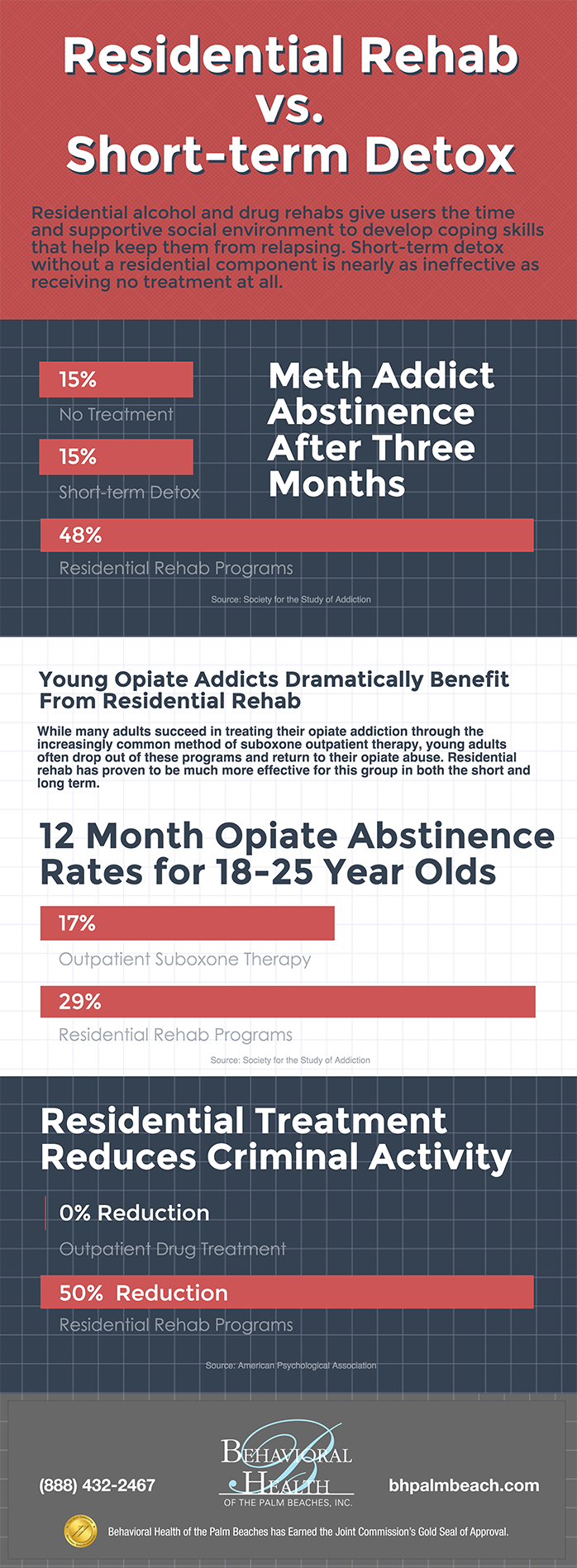Getting Over Triggers And Food Cravings After Ending Up Drug Rehab
Getting Over Triggers And Food Cravings After Ending Up Drug Rehab
Blog Article
Writer-Glenn Hjelm
You've finished Drug rehabilitation and taken a considerable step towards a much healthier lifestyle. Now, facing triggers and desires post-rehab can be a tough trip. How do you browse with these moments without jeopardizing your development? Understanding the strategies to handle triggers and cravings is important in preserving your sobriety. Allow's discover effective means to deal with these difficulties and secure your newfound commitment to living a drug-free life.
Identifying Triggers and Food Cravings
To efficiently manage your triggers and yearnings, begin by acknowledging the scenarios or feelings that cause your wish to make use of. Take a moment to review what scenarios or feelings motivate your cravings. Is it stress, monotony, social circumstances, or particular locations? By identifying these triggers, you can better prepare yourself to deal with them.
Triggers can be both interior, such as unfavorable emotions or physical discomfort, and exterior, like being around individuals who utilize substances or checking out a certain area.
Take notice of patterns in your desires-- are they much more regular at certain times of the day or in action to certain events?
Building Healthy Coping Techniques
Recognizing your triggers and yearnings is the first step towards building healthy coping approaches to manage them properly. Once you know what situations, emotions, or individuals trigger your yearnings, you can begin developing a strategy to address them.
One efficient strategy is to change negative habits with positive ones. For example, if anxiety sets off desires, exercising relaxation methods such as deep breathing or meditation can assist. Taking part in exercises such as workout or going with a walk can additionally be an excellent way to cope with desires.
please click the next site of structure healthy and balanced coping techniques is to produce a helpful environment. Surround on your own with individuals that recognize your trip and can provide encouragement and liability. It's important to establish boundaries with individuals who may not sustain your recovery.
Additionally, establishing a routine that includes healthy behaviors like routine workout, appropriate nourishment, and sufficient sleep can aid you remain on track and lower the chance of experiencing triggers and cravings.
Seeking Support and Liability
Creating a network of helpful people who can offer encouragement and hold you liable is vital in managing triggers and food cravings effectively. Choose close friends, family members, or a support system that understand your trip and can supply assistance when you encounter challenging circumstances.
Having somebody to speak to throughout moments of lure can make a substantial distinction in remaining on track with your healing. Liability partners can help you remain concentrated on your goals and advise you of the reasons why you chose to seek assistance to begin with.
They can also assist in creating an organized strategy to handle triggers and yearnings, such as developing different activities or dealing mechanisms to change the urge to use drugs. Normal check-ins with your support group can offer confidence and motivation, aiding you feel much less isolated in your recovery trip.
Conclusion
Bear in mind, recognizing and dealing with triggers and desires after Drug rehabilitation is an essential component of keeping soberness.
By recognizing your triggers, building healthy and balanced coping methods, and seeking assistance from loved ones or support system, you can browse via tough moments and stay focused on your soberness goals.
Keep in mind, you aren't alone in this journey, and with the right tools and support, you can overcome lures and live a meeting, drug-free life.
Keep strong and maintain moving on.
